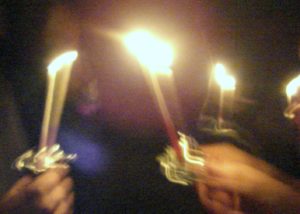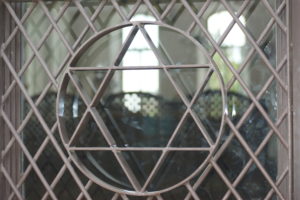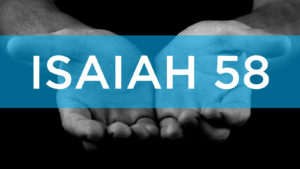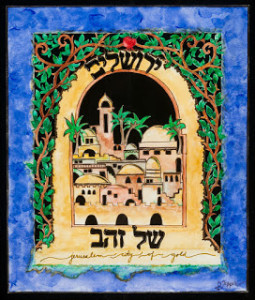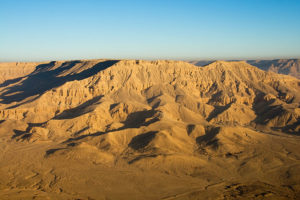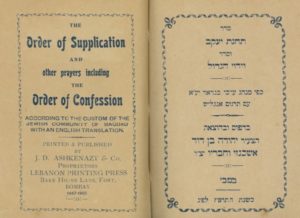 This meditation is to help prepare for a thorough and honest self-assessment before the confession litany, the Vidui, traditionally recited five times on Yom Kippur. It’s recited on Rosh Hashanah and is used in Selichot services. Originally posted as a “Meditation before the Yom Kippur Vidui,” a friend suggested using a title that makes clear this can be used throughout Elul in preparation for the High Holy Days.
This meditation is to help prepare for a thorough and honest self-assessment before the confession litany, the Vidui, traditionally recited five times on Yom Kippur. It’s recited on Rosh Hashanah and is used in Selichot services. Originally posted as a “Meditation before the Yom Kippur Vidui,” a friend suggested using a title that makes clear this can be used throughout Elul in preparation for the High Holy Days.
Meditation before the Vidui
G-d of Old,
Judge and Sovereign,
Healer and Guide:
Today I recount my deeds,
The sins I’ve committed,
The blessings I’ve bestowed.
Today I recall my year,
The challenges I’ve faced,
The decisions I’ve made.
Today I reach into my heart,
The moments of anger,
The moments of love.
By Your command
G-d of Mercy,
I lay bare the secrets within me,
Light and darkness,
My gentle hand and my clenched fist,
My strength and conceit,
Anger and fear.
By Your command
G-d of Wisdom,
I open myself to see truth,
Beauty and degradation,
The holy and the profane,
The victorious and the guilty.
By Your command
G-d of Salvation,
I reclaim all that I am
And all that I’ve done,
My pride and my shame,
Returning to You
So that I may redeem my days
With awe and righteousness.
© 2011 Alden Solovy and tobendlight.com. All rights reserved.
Postscript: Note that the traditional Siddur includes a Vidui in Tachanun, but only in Israel. This prayer wasn’t conceived with regular use in mind. Thanks to Rabbi Joseph Meszler for the suggestion. This was originally published on Aug. 30, 2011. Click here for the full list of prayers for the Yamim Noraim. Here’s a focused list of prayers for Elul, another one of prayers for Rosh Hashana, a list of prayers for Yom Kippur and one more for Sukkot. And here’s a link to yizkor and memorial prayers.
Please consider making a contribution to support this site and my writing. For usage guidelines and reprint permissions, see “Share the Prayer!” For notices of new prayers, please subscribe. Connect with To Bend Light on Facebook and on Twitter.
Photo Source: Kedem Auction House



